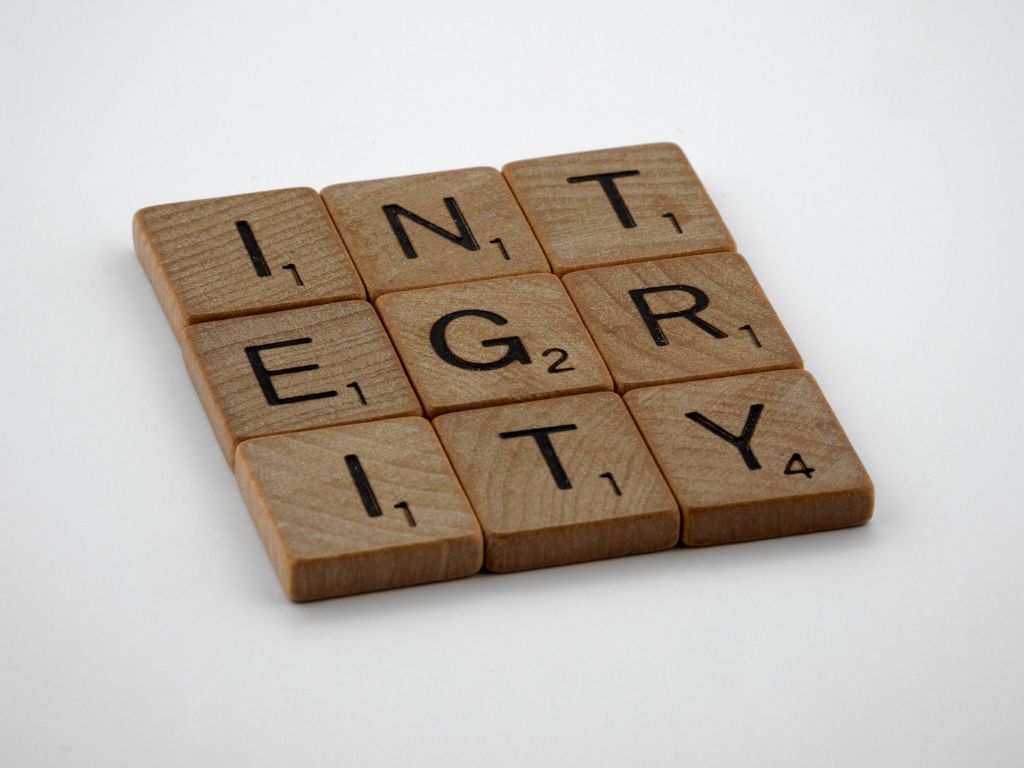Why Your Team’s Moral Clarity Might Depend on a Full Night’s Rest
When we think about ethics at work, we often talk about values, culture, or leadership.
We implement compliance training.
We write codes of conduct.
We hold people accountable.
But there’s one invisible factor influencing workplace ethics that most organizations overlook:
Sleep.
It turns out that a tired brain makes poorer moral decisions.
Not because people stop caring, but because fatigue impairs judgment, reduces self-control, and makes us more susceptible to shortcuts.
In other words, ethical lapses may not just come from character flaws… they may come from sleep debt.
The Neuroscience Behind Ethics and Sleep
Good ethical decisions require clear thinking, empathy, emotional regulation, and the ability to consider long-term consequences over short-term gains.
These functions are governed by the prefrontal cortex—the same part of the brain that is most affected by sleep deprivation.
When you lack sleep, here’s what happens neurologically:
- Your impulse control weakens
- Your empathy decreases
- Your brain prioritizes convenience and speed over integrity and thoughtfulness
- The mental energy required to resist temptation or “gray area decisions” drops dramatically
In short: A tired mind doesn’t make evil decisions—it makes easy ones.
What the Research Says
Multiple studies support the direct connection between sleep quality and moral behavior:
🔹 A 2011 study in Psychological Science found that people are more likely to lie, cheat, or behave selfishly when they’re tired—particularly at the end of a long day.
- This phenomenon is known as “moral depletion” and worsens with lack of rest.
🔹 A 2014 study in Academy of Management Journal found that employees were more likely to engage in unethical behavior (e.g. falsifying data, cutting corners) when they had less sleep the night before.
🔹 Researchers from Harvard and the University of Utah showed that even partial sleep deprivation impairs the ability to recognize ethical dilemmas and reduces empathy in managerial decision-making.
These aren’t just behavioral issues—they’re cognitive impairments caused by a lack of recovery.
What This Looks Like in the Workplace
Here’s how sleep-deprived ethical erosion can show up across teams:
- A team member covers up a mistake rather than report it, because they lack the energy to face the consequences
- A manager makes a rushed decision without consulting others, because they don’t have the mental clarity to weigh the ethical impact
- A salesperson slips into gray-area tactics under pressure, thinking “just this once” to hit a target
- A leader reacts emotionally in a conflict, damaging trust due to fatigue-fueled reactivity
These actions don’t always come from bad intentions.
Often, they’re the result of cognitive shortcuts taken by tired brains.
The Leadership Implication: Tired Teams Are Ethically Vulnerable
If you’re leading a team, managing compliance, or guiding culture—this insight should concern you:
You cannot expect consistently ethical behavior from a chronically fatigued workforce.
And in high-stakes industries—finance, healthcare, law, tech, logistics—the cost of poor ethical judgment can be catastrophic.
Mental fatigue erodes not only productivity but also moral clarity and integrity.
And it doesn’t show up on spreadsheets—until it’s too late.
How Leaders Can Protect Ethics by Supporting Sleep Health
If you want to build a high-integrity culture, you need to start upstream—by safeguarding the cognitive capacity to make ethical decisions.
Here’s how:
Create a Culture Where Rest is Respected
Stop glorifying late-night work or bragging about “only needing 4 hours of sleep.”
Leaders who normalize exhaustion unknowingly normalize risk.
Time High-Stakes Decisions Around Peak Energy Windows
Schedule complex, ethical, or emotionally charged decisions earlier in the day when cognitive capacity is highest—not after long meetings or late in the evening.
Integrate Sleep Education into Ethics & Leadership Training
Most compliance programs focus on rules and scenarios. Few talk about the cognitive state required to make ethical choices.
Combine sleep education with decision-making, bias training, and emotional intelligence development.
Watch for Fatigue-Induced Risk in High-Pressure Periods
During tight deadlines, launches, or budget seasons, decision fatigue runs high.
Be aware that ethical lapses are more likely when stress peaks and sleep dips.
Build in buffers, double-checks, and peer support during these periods.
Model Integrity Through Recovery
You can’t lead others into ethical clarity if you’re constantly operating from cognitive fog.
Model recovery, thoughtful pacing, and intentional decision-making.
Remember: Leadership presence is also about the energy and mental sharpness you bring to ethical moments.
Final Thoughts: Ethical Cultures Don’t Just Need Values—They Need Sleep
If we want integrity in our organizations, we can’t rely on policies alone.
We need to design for ethical capacity.
And that means understanding that sleep isn’t just a health habit—it’s a moral safeguard.
Because when leaders and teams are rested, they:
✅ Think more clearly
✅ Communicate more thoughtfully
✅ Resist shortcuts
✅ Make decisions aligned with long-term values—not short-term pressure
So the next time you’re faced with a critical decision, ask yourself:
“Am I making this with a clear mind—or a tired one?”

